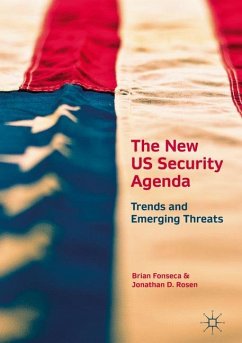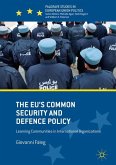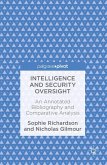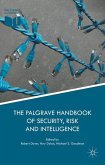War, nuclear weapons, and terrorism are all major threats to US security, but a new set of emerging threats are challenging the current threat response apparatus and our ability to come up with creative and effective solutions. This book considers new, 'non-traditional' security issues such as: transnational organized crime, immigration and border security, cybersecurity, countering violent extremism and terrorism, environmental and energy security, as well as the rise of external actors. The work examines the major challenges and trends in security and explores the policy responses of the U.S. government. By using international relations theory as an analytical approach, Fonseca and Rosen present how these security threats have evolved over time.








